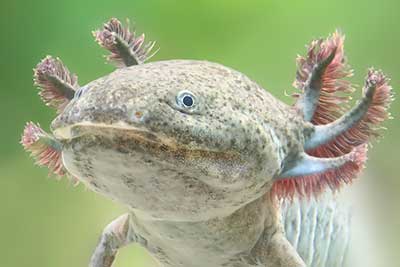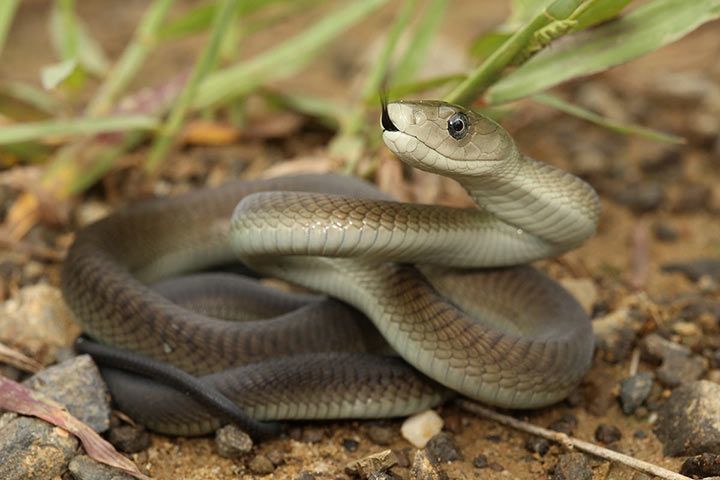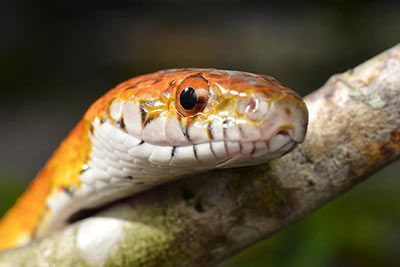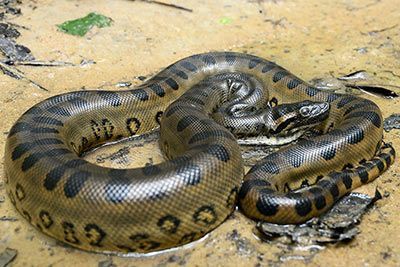Loggerhead Sea Turtle
Loggerhead Sea Turtle Facts
| Size | 35-47 in (90-120 cm) |
| Speed | Up to 15 mph (24 km/h) (in the water) |
| Weight | 298 lb (135 kg) |
| Lifespan | 50-60 years |
| Food | Crabs, jellyfish, urchins, seaweed, cephalopods |
| Predators | Birds, crabs (only juveniles) |
| Habitat | Mediterranean Sea, Atlantic, Indian, and Pacific Oceans |
| Class | Reptiles |
| Order | Turtles |
| Family | Sea turtles |
| Scientific name | Caretta caretta |
| Characteristics | One of the most popular sea turtles |
Main Characteristics
The loggerhead turtle is a sea turtle. It is the most widespread worldwide and also the most common. Despite this, it is now considered an endangered species.
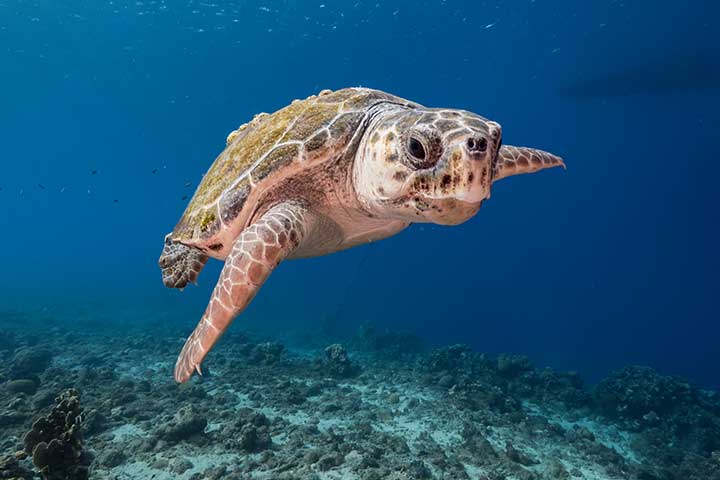
Species
The loggerhead turtle is one out of seven sea turtle species. These include: the Atlantic green sea turtle, the Pacific green turtle, the hawksbill turtle, the flatback sea turtle, the Kemp's ridley turtle, the Olive ridley sea turtle and the loggerhead sea turtle.
Distribution and Habitat
Loggerhead turtles live in tropical and subtropical seas worldwide. It is the most widespread of all species. Most of their time they live in shallow coastal waters. During their migrations they spend a lot of time in the open sea. The loggerhead and green sea turtles are the only species that also live and breed in the Mediterranean.
Life Style
Loggerhead turtles are loners. They swim thousands of miles through the oceans. Yet, they always make their way back to the same beach for mating after 15-20 years since their birth.
Anatomy and Appearance
Size and Weight
An adult loggerhead sea turtle typically weighs around 298 pounds (135 kg). The largest weighed more than 1,200 pounds (545 kg) and had a shell length of 82 inches (213 cm). The green sea turtle is usually slightly larger but weighs slightly less. However, the two species are definitely the largest turtles with a hard shell.
Head
The loggerhead turtle has a particularly large head.
Shell
The loggerhead sea turtle is the only sea turtle that has five central scutes and five side scutes (= plates). Depending on the age of the animals, their scutes have protruding edges and appear to overlap.
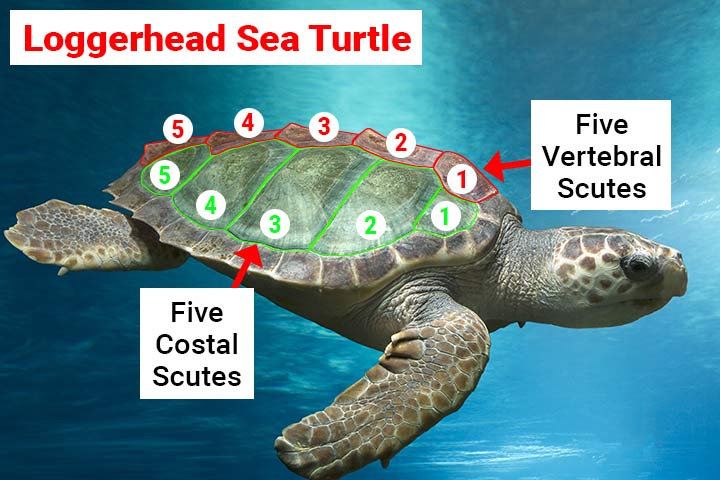
Diet
The loggerhead turtle is an omnivore. It feeds on sponges, corals, anemones, starfish and jellyfish.
Senses and Abilities
Longest Migration of a Turtle
This turtle never gets tired! In 1996, the loggerhead sea turtle Adelita swam a distance of more than 9,000 miles (14,500 km) from Mexico via Hawaii to Japan. This was the first time the route of an animal across an entire ocean has been tracked by means of an electronic transmitter. The turtle swam at a speed of about 1.6 km/h and it took her nearly a year to cover the distance.
Magnetic Sense
Loggerhead sea turtles have a kind of "magnetic map” in their heads. This helps them to never get lost and always find the way back to their place of birth.
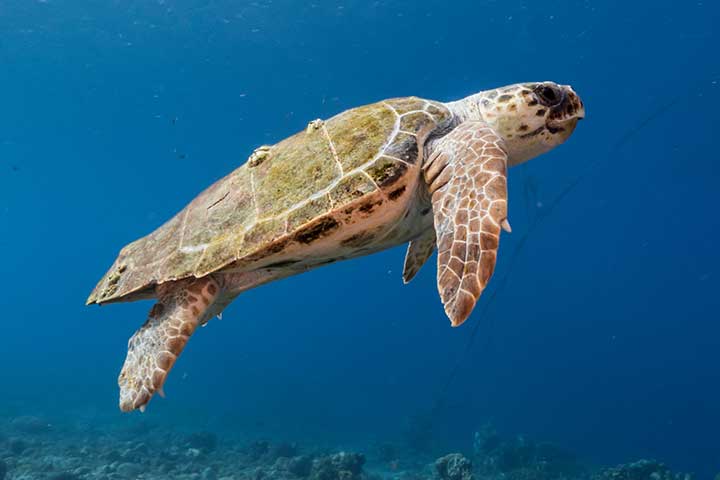
Life Expectancy
Loggerhead turtles live to be 50-60 years old.
Enemies and Threats
The loggerhead turtle has hardly any natural enemies - but they have to be afraid of humans.
Hunting
They are hunted for their meat, their eggs are sold as delicacies, and their fat is used in expensive cosmetics or shady medicines. Their shells are used for jewelry. The material is called "tortoise shell".
Pollution and Climate Change
They eat plastic that floats in the sea because they mistake it for food and die from it as a result. Due to climate change and higher temperatures, more and more females are developing - there are hardly any males hatching.
Fishing
However, the greatest danger comes from fishermen. When they cast their nets to catch fish, many turtles become entangled and miserably drown. For these reasons, the animal species is highly endangered.
You Can Help Sea Turtles
There is a very simple way to protect sea turtles: eat less fish. If we humans buy fish less often, fewer fishing boats will sail to the sea and fewer fishing nets will be cast. This has a positive impact on the entire underwater ecosystem, as many seas are already depleted due to overfishing. What do you think about it? Talk to your family and friends about it and ask them what they think.
Importance for the Ecosystem
The loggerhead sea turtle helps maintain the health of coral reefs. For example, they ensure that there are not too many sponges, jellyfish and other invertebrates. They also eat seaweed, encouraging it to grow and thrive. They are like gardeners who tend hedges and shrubs by trimming them from time to time.
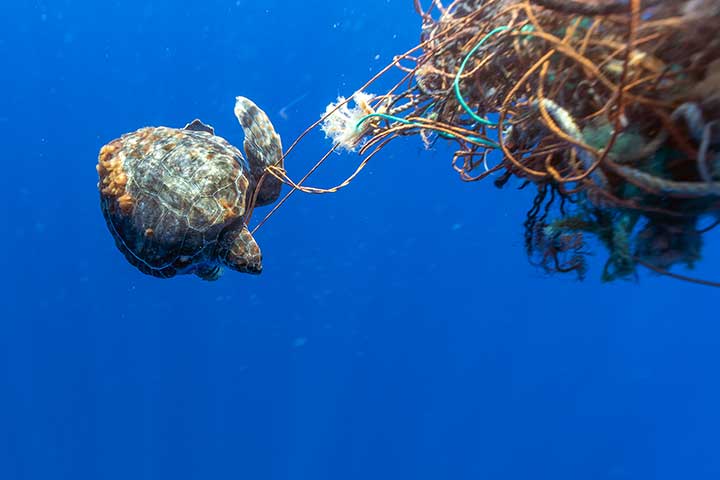
Reproduction
Mating
Loggerhead turtles mate in the water. They circle each other until the female agrees. The female then swims to the beach where she was born to lay her eggs.
Nesting
The female digs a hole in the sand with its fins and lays about 110-20 eggs in it. They just measure approximately 1.5 inches (4 cm).
Sand Temperature
If the sand temperature is below 82,4 degrees Fahrenheit (28 degrees Celsius), male offspring develop. Above 81,8 degrees Fahrenheit (31 degrees Celsius) there are females hatching. In between, they can become female or male. Most of the time the temperature is between 28 and 31 degrees Celsius, so that a healthy mix sees the light of day. But due to the climate change, more females and less males hatch.
Hatching
After 45-70 days, the young hatch. It happens during the night, because at this time of the day less enemies are around. Once they manage to break free from their shells, they wander off into the sea. They rely on the moon to guide them in the correct direction. Its light gets reflected in the water. The little turtles simply run up to it.
Fun Facts
How to Tell a Loggerhead From a Hawksbill
Loggerhead sea turtles have five pairs of vertebral scutes, while hawksbill sea turtles have only four of them.
- Find Out More:
- Top 5 Weirdest Turtles and Tortoises
- Top 7 Weirdest Turtle Shells
- The Biggest and The Longest Animals
- Animals That Travel the Furthest
- Aldabra Giant Tortoise Facts
- Chelydridae Facts
- Galápagos Giant Tortoise Facts
- Watch Now on animalfunfacts.net:
 All About Reptiles
All About Reptiles Endangered Animal Species
Endangered Animal Species







